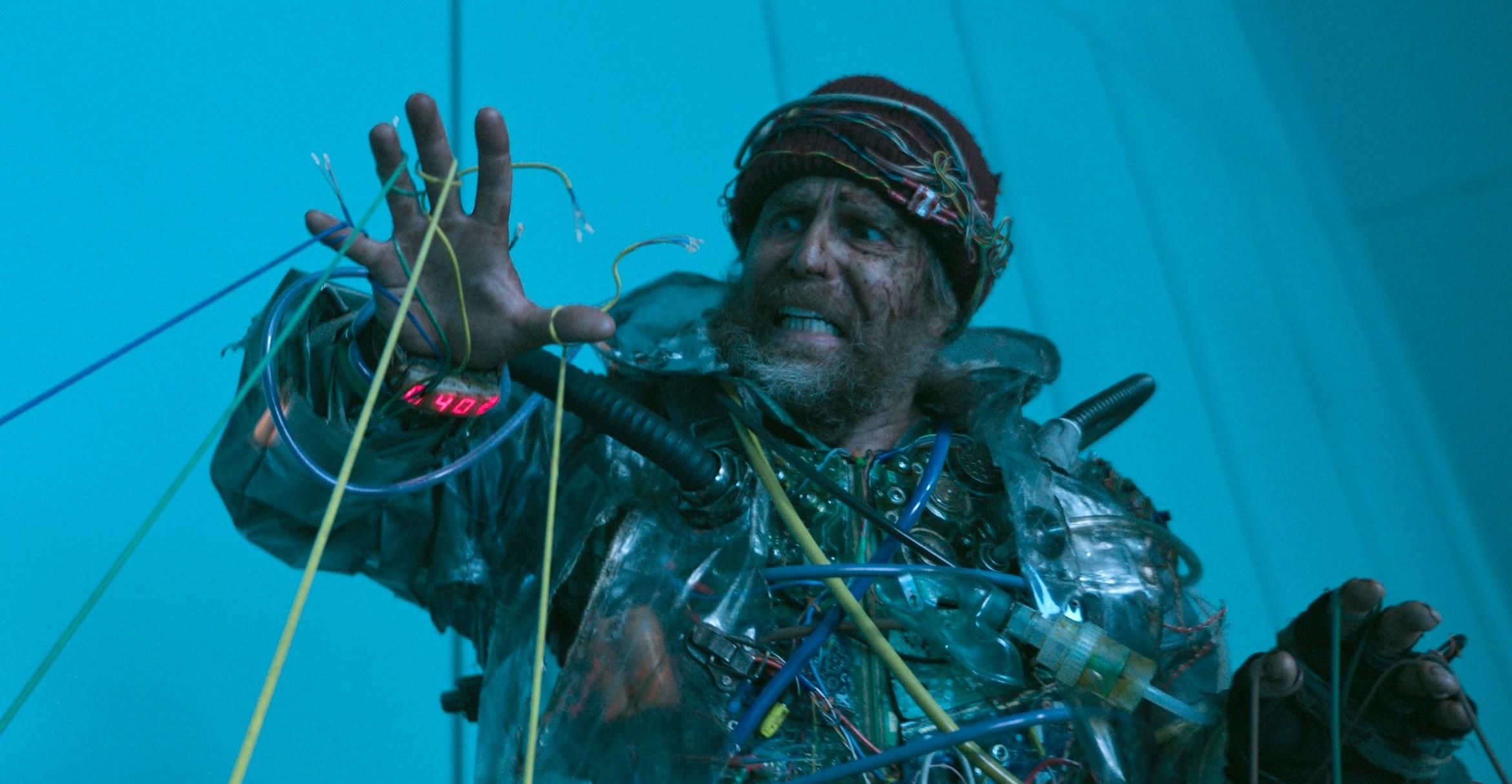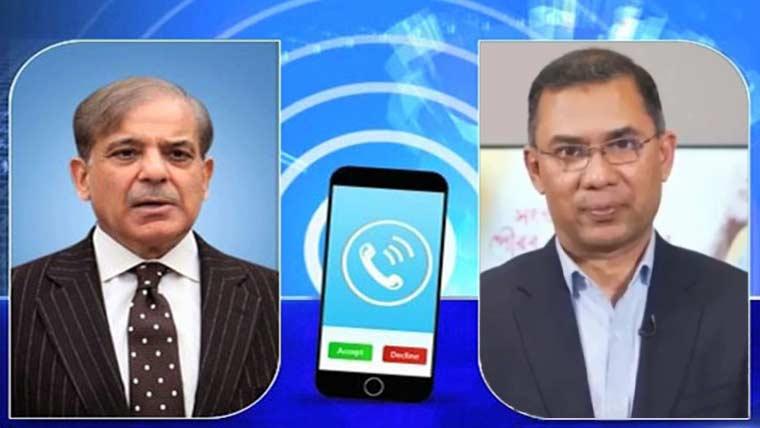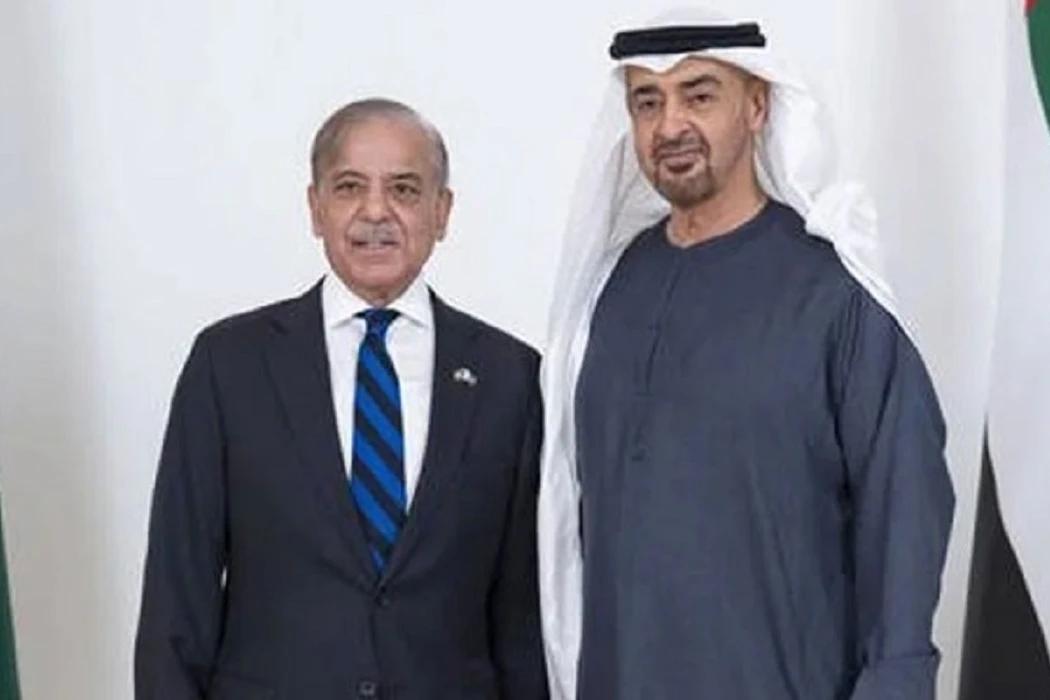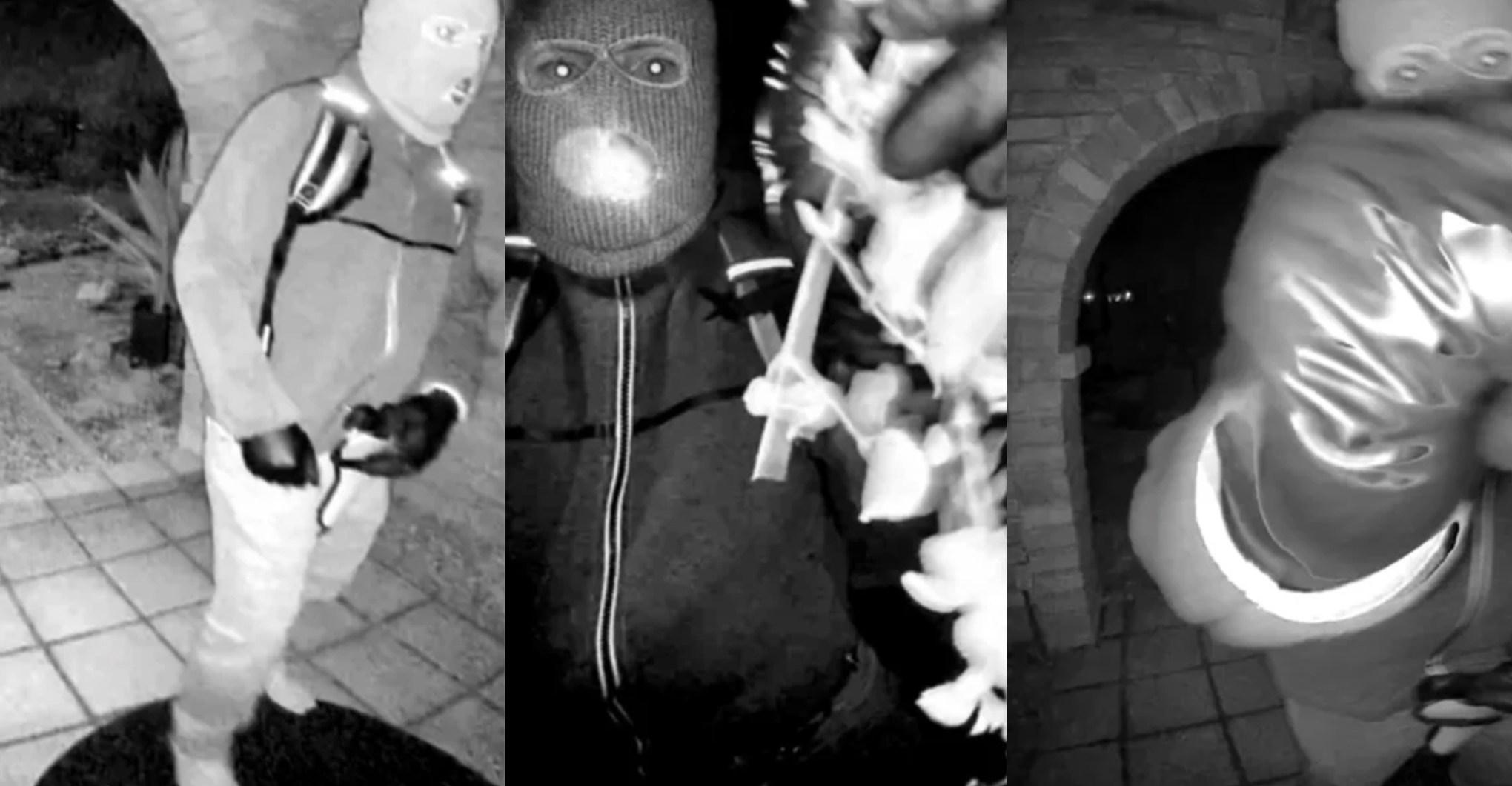Chief Justice of Pakistan Qazi Feaz Isa assures that Imran Khan will be provided with the necessary materials and permitted to meet his lawyers

Islamabad: Pakistan Tehreek-e-Insaf (PTI) Founder and former Prime Minister Imran Khan told the Supreme Court that he was kept in solitary confinement in the Adiala jail and was not provided the material required for preparations in the case related to amendments in the NAB laws.
Imran Khan made this submission before the top court during his appearance via the video link when Chief Justice of Pakistan Qazi Faez Isa asked him whether he would present his arguments or he would rely on his counsel.
Chief Justice of Pakistan Qazi Faez Isa was heading a five-member bench comprising Justice Amin-ud-Din, Justice Jamal Mandokhail, Justice Athar Minallah and Justice Hasan Azhar Rizvi
Imran Khan said that he wanted to speak for half an hour but was not given any preparation materials or allowed to meet his lawyers, stating, "I am in solitary confinement."
Imran Khan claimed that the biggest robbery in the country's history occurred in February.
The Chief Justice advised that this issue was not relevant to the current hearing on the NAB amendments.
The former Prime Minister also mentioned that two petitions related to human rights violations were pending in court. When asked by the Chief Justice about his lawyer for these cases, Imran Khan named Hamid Khan.
Chief Justice Qazi Faez Isa noted that Hamid Khan, a senior lawyer, had to travel abroad and was given a preferred date for a case.
Later, Imran Khan mentioned that in jail, a one-window operation was controlled by a Colonel, and he requested the Chief Justice to order that he be allowed to meet his legal team. He reiterated, "I am kept in solitary confinement here. I have no materials to prepare for my case, nor do I have access to a library."
The Chief Justice assured that Imran Khan would be provided with the necessary materials and permitted to meet his lawyers. However, if he used his legal team’s services, he himself would not be heard.
During the discussion, Imran Khan emphasized the need for legal assistance and expressed his desire to meet Khawaja Haris and a couple of other lawyers. He stressed that this was a crucial issue for the country, noting that everything in Adiala jail was controlled by the Colonel, and he had previously been unable to meet his lawyers.
Subsequently, the Supreme Court allowed Khawaja Haris to meet Imran Khan.
The court stated that Khawaja Haris could meet Imran Khan whenever necessary and that all case records should be provided to the PTI founder. They limited the meetings to one or two lawyers at a time, not a large group.
Following this, the federal government’s lawyer, Makhdoom Ali Khan, concluded his arguments. Imran Khan's lawyer, Khawaja Haris, requested three hours to present his arguments.
The court then adjourned the hearing of the NAB amendments case until next week, with Chief Justice Faez Isa indicating that the next hearing date would be scheduled based on availability.
During the last hearing, Chief Justice Qazi Faez Isa had remarked that if ordinances were to be issued, then Parliament should be closed.
At the start of the current hearing, former Prime Minister Imran Khan appeared via video link, dressed in a blue shirt, and remained present for the two-and-a-half-hour session.
On May 14, the Supreme Court permitted former Prime Minister Imran Khan to appear via video link for the hearing challenging the NAB amendments.
The Supreme Court postponed the hearing of the petitions against the NAB amendments until next week.
Earlier, Justice Athar Minallah supported live broadcasting, noting that the case had previously been shown live and should be again. The Advocate General of Khyber Pakhtunkhwa argued that the case was of public interest. The Chief Justice, however, stated that it was a technical case, not a matter of public interest.
The bench then went into consultation to decide on live broadcasting.
Upon resuming, the Supreme Court announced the decision not to broadcast the NAB amendments case live, rejecting the request by a 4-1 majority.
The Chief Justice apologized for the delay, explaining that they did not want to make hasty decisions. Justice Athar Minallah dissented from the majority decision. After consultation, it was decided that the hearing would not be broadcast live.

SSWMB earns national recognition for clean Sindh initiative
- 15 hours ago

T20World Cup high voltage clash: India set 176 run target for Pakistan to win
- 14 hours ago

DG ISPR visits various educational institutions of Lahore
- 18 hours ago

Field Marshal Syed Asim Munir meets global leaders during Germany visit
- 18 hours ago

PM Shehbaz leaves for Vienna, Austria on two-day official visit
- 18 hours ago
First National Chief of Army Staff Wrestling Championship 2026 concludes in Sialkot
- a day ago

YouTube is coming to the Apple Vision Pro
- a day ago

Good Luck, Have Fun, Don’t Die is a rollicking parable about this moment in tech
- 4 hours ago

High voltage clash: India defeat pakistan by 61 Runs, qualify for Super Eight
- 10 hours ago
Imran Khan, both sons talk over phone after prolonged hiatus
- 2 days ago
Tucker stars as Ireland crush Oman by 96 runs at T20 World Cup
- 2 days ago

Could lab monkeys soon become a thing of the past?
- a day ago









